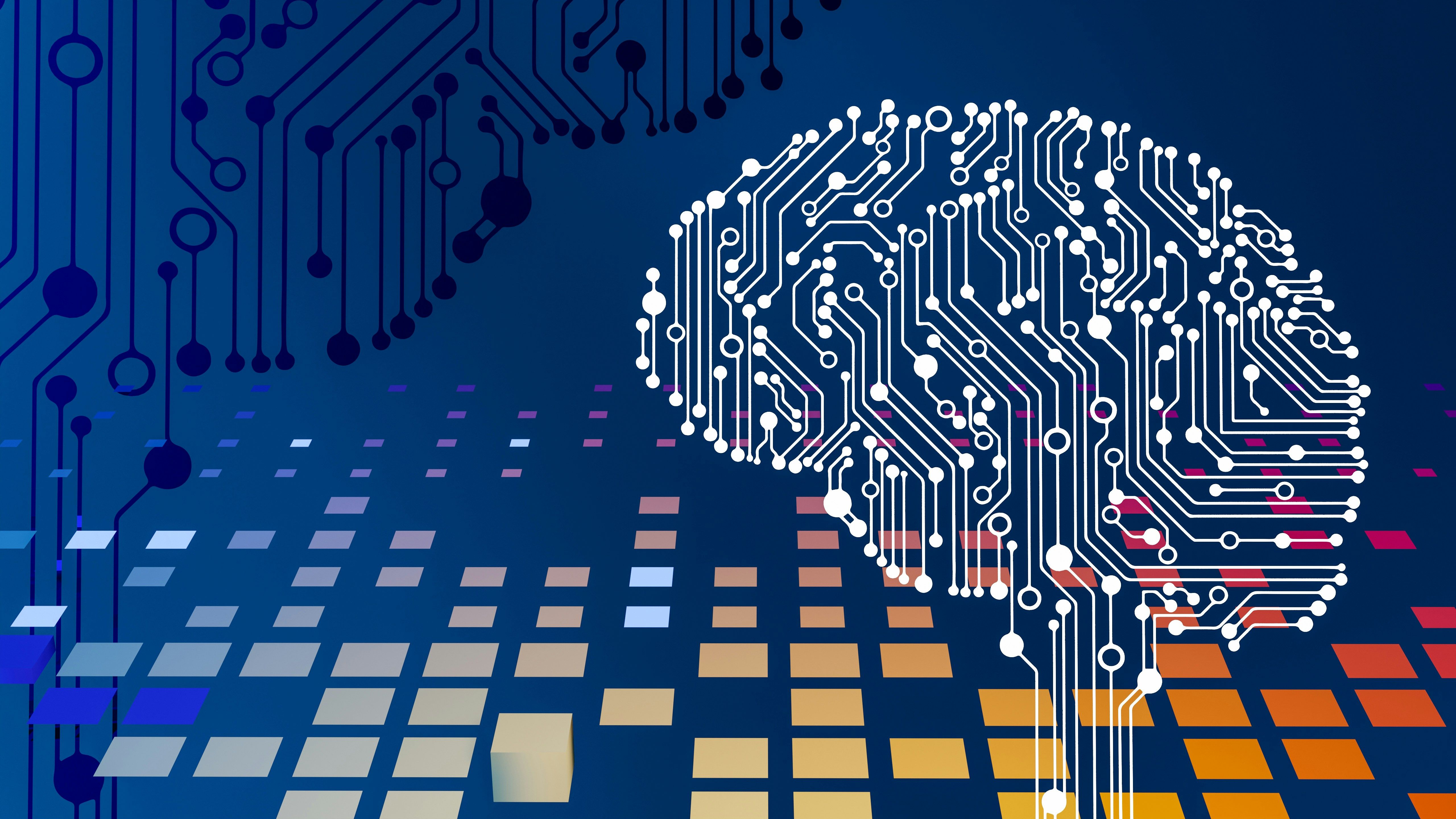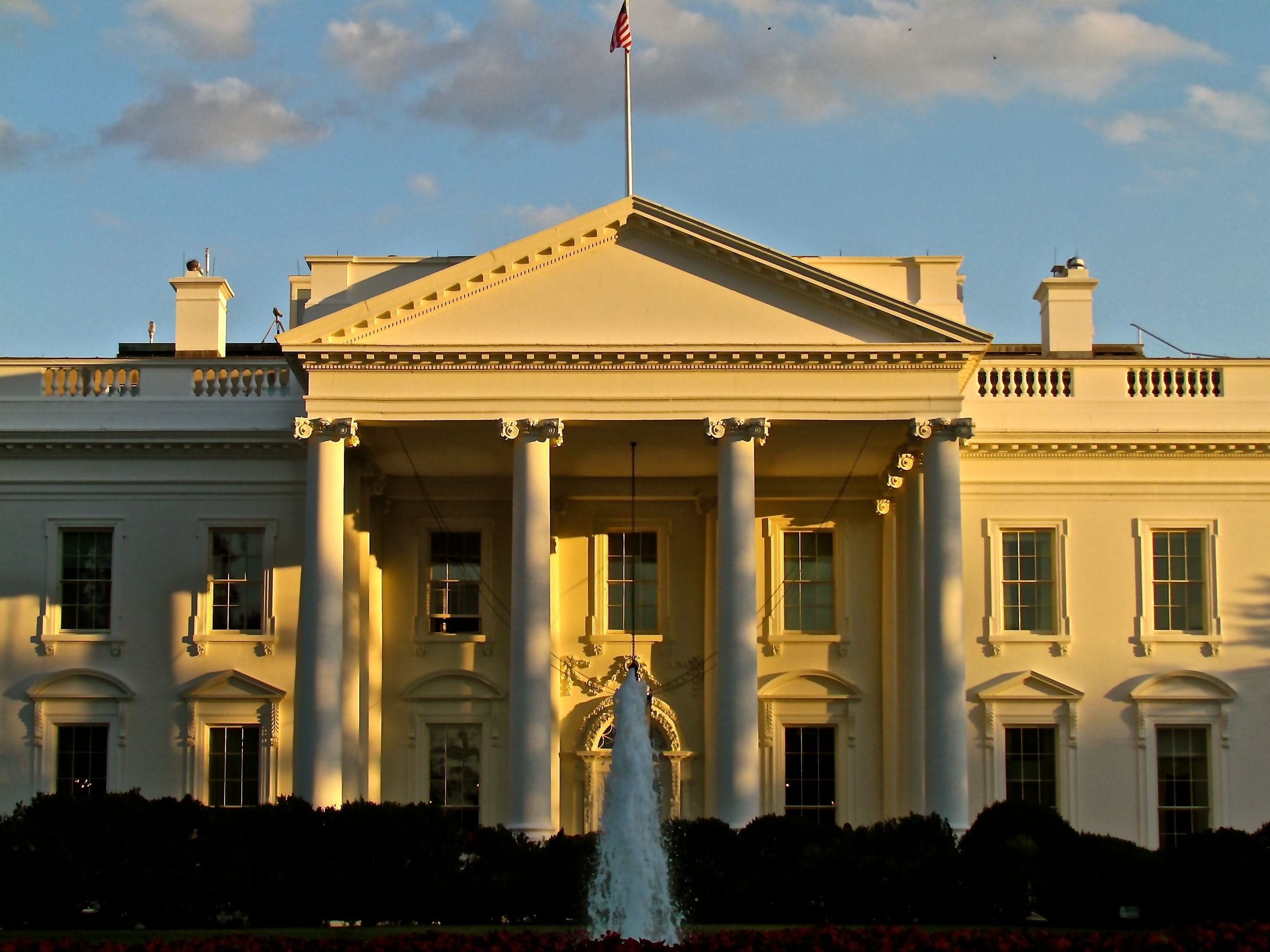Decentralizing AI
We are entering a new epoch where the ability to use and work with artificial and synthetic intelligence is a human right. Access to intelligence – the prerogative to innovate, work with, and benefit from higher levels of synthetic intelligence – belongs to the people.
Building on increasingly inexpensive compute, abundant data, and low-cost, open-source models, we are about to witness a synthetic intelligence cornucopia. We have to build infrastructure that supports pluralistic development of AI. That’s why we’re starting The Thames Network, based at Oxford: a decentralized intelligent network to run at the edge, enabling private, censorship-resistant, depoliticized, and decentralized AI through built-in economic incentives and cryptographic proofs.
"I have concerns about the concentration of power and loss of privacy that AI is leading to. It is essential for us to be thinking about strong technical solutions to this such as blockchain," said principal scientist, Oxford Professor Philip Torr, calling for ceaseless progress in decentralized AI, handing AI power to the people.
Democratizing AI
The Thames Network democratizes access to AI with the first open-source decentralized AI marketplace, protocol, and incentive layer. Universal Basic Income – where citizens are offered recurring payments to subsidize their life – is touted by AI oligarchs, and especially Elon Musk, as necessary. This is not a people-first approach; this is a corporate-first approach, and one that will eat away at the fabric of society. The better approach is to democratize access to AI, and to enable autonomy and sovereignty for the individual.
With a new intelligence substrate at the edge, and with a new economic model, a decentralized intelligent network would light up an ecosystem of agents working in concert with humans. Rather than subsuming or replacing humans, this network will create new opportunities for democratizing human-AI collaboration.
Depoliticizing AI
For artificial and synthetic intelligence to benefit humanity, it is imperative that it be free of bias and be apolitical, without an implicit (or explicit) agenda. Censorship, guardrails, and access limitations based on jurisdiction, price, and other factors are not the way to create a future where humans and AI can collaborate effectively.
At the same time, privacy is key in domains such as healthcare. A decentralized intelligent network should be designed with a privacy-first approach, and architected on a trustworthy foundation, ensuring a zero-trust security model, whilst balancing governance, risk, and compliance.
What may start with hundreds of thousands of models will build up into a massive wave of hundreds of millions of domain-specific models, curated, distilled, and augmented via Retrieval-Augmented Generation (RAG). The Thames Network will provide the tools and an open marketplace for people to build, and to monetize their domain expertise, again with the focus on human-AI collaboration.
Conclusion
The convergence of decentralized computing, blockchain tools and governance, crypto incentive protocols and mechanisms, and domain-specific AI models built and curated by human experts, points to a future where artificial and synthetic intelligence become accessible, transparent, secure, abundant, and collaborative. The Thames Network envisions a win-win world for humans and AI, where AI is harnessed for the greater good, and where individuals are empowered to take control of their own destiny.
FAQs
Q: What is The Thames Network?
A: The Thames Network is a decentralized intelligent network that enables private, censorship-resistant, depoliticized, and decentralized AI through built-in economic incentives and cryptographic proofs.
Q: What is the goal of The Thames Network?
A: The goal of The Thames Network is to democratize access to AI, enable autonomy and sovereignty for the individual, and create a win-win world for humans and AI.
Q: How will The Thames Network achieve its goals?
A: The Thames Network will achieve its goals through the development of a decentralized AI marketplace, protocol, and incentive layer, as well as the creation of domain-specific AI models built and curated by human experts.
Q: What is the significance of decentralized computing in The Thames Network?
A: Decentralized computing is crucial in The Thames Network, as it enables the creation of a decentralized intelligent network that is private, censorship-resistant, depoliticized, and decentralized.
Q: What role will blockchain play in The Thames Network?
A: Blockchain will play a key role in The Thames Network, as it provides a secure and transparent framework for the creation and management of decentralized AI models and incentives.









